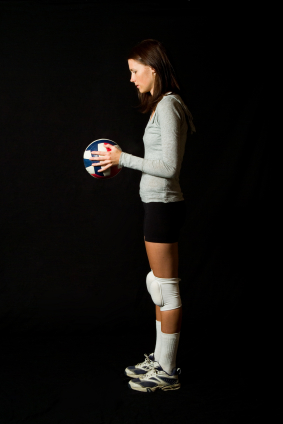 Today's tweens and teens are different. This may come as no surprise to you if you are a parent of one. What you might find surprising, however, is how much they know about some aspects of who they are at an early age, even while they struggle to figure out who they are as a whole person.
Today's tweens and teens are different. This may come as no surprise to you if you are a parent of one. What you might find surprising, however, is how much they know about some aspects of who they are at an early age, even while they struggle to figure out who they are as a whole person.
One thing on which they might be very clear early on is their sexuality.
A 1988 article in the Journal of Adolescent Health Care1 suggests that there are four developmental stages of homosexuality: sensitization, identity confusion, identity assumption, and commitment. A tween or teen may not only know they're different from their peers in some way, but some of them may know the exact way they're different: they may actually be able to tell you they know they're lesbian.
Tips for parents
As a parent of a lesbian tween or teen, one of the things you will have naturally have to worry about is how your tween or teen daughter is going to do socially, not just at school and in general, but in extracurricular activities in particular, such as team sports.
Being different, unfortunately. exposes a young person to being singled out in a negative way, such as being bullied. Fortunately, however, there are some things you can do as a parent to minimize the chances that your tween or teen will become ostracized:
- Educate yourself
Educate yourself on what it means to your tween or teen to say they identify as lesbian. For some, this means something very different than what it might mean to you. There is a normal period in the tween years where girls do get crushes on other girls and this is a normal part of sexual development. Be clear on the facts on being a lesbian teen so you aren't arguing with your teen based on just your belief system. Remember, this is what the world does and it can make your tween not only doubt themselves, but it can make them feel like they have no support at home. This is when they are most susceptible to generating the negative voices that destroy self-esteem, which can ruin their academic, social and athletic performance.
- Educate others
Once you really know what you're talking about, you're in a great position to educate others on your tween or teen's behalf. You can help guide other adults in your tween's life who may know less than you do. In doing so, you help them empower your tween, and other tweens going through the same identity and developmental issues. Remember, the LGBT (Lesbian, Gay, Bisexual and Transgender) Community makes up at least 10% of the U.S. population. There is another tween going through what yours is going through and they will benefit from the path you are creating.
- Send positive messages
More often than not there is some disappointment parents might experience when they realize their teen or tween is a lesbian. This stems more from the fear of their child being hurt because of their sexual identity and the grieving process of whom you thought your tween was going to be. Once you process these emotions, it is of the utmost importance that you get on board with feeding your tween positive messages of who your tween is. Remember that she is still your lovable, athletic and smart tween from before she told you she was a lesbian; make sure they know you know that by reminding them with positive messages. Many lesbian tweens are going to experience some of their worst abuse from the home, and this can spiral into acting out in negative ways, depression and suicidal behavior. Being a supportive and loving parent is still your job; you just have one more issue on which your tween might need you to advocate for them.
- Take the chip off your shoulder
Not every negative remark your tween or teen hears is because they are a lesbian. They still need to be held accountable for poor sportsmanship or low academic performance when their behavior is the cause. Take the time to develop positive behaviors that allow your tween to socialize well while being a good sport and role model. Be sure your tween isn't using the fact that they are different in such a controversial way as a means to have you garner them favors, like being first string when they should be practicing more, or getting more play time when they aren't a very good team player.
Having a tween or teen with issues (e.g. eating disorders, anxiety, learning problems or a physical challenge) is not easy, but it is manageable, and parents find ways to get their tween's issues integrated into normal activities all the time. The issue of your tween or teen's sexuality is no different.
1. Troiden R, "Homosexual Identity Development." (1988); 9(2): 105-113.
Resources
PFLAG (Parents, Families, Friends of Lesbian and Gays)
Youtube It Gets Better Channel









